

IVAR'2024 is an international scientific event open to young researchers, academics, and industrialists interested in the latest advances in eXtended Realities1 XR in the context of Metavers . It also aims to involve socio-economic players who can turn scientific advances into valuable products for Algerian society . The overall aim is to better understand these issues by presenting the various challenges and trends in virtual and augmented reality. It also aims to provide students with innovative ideas that could lead to the creation of startups and patent registrations using new technologies linked to extended realities . IVAR'2024 will feature plenary lectures and practical workshops led by leading international and national experts in the field of augmented reality and virtual reality, as well as key executives from sectors such as gaming, real estate, medicine, manufacturing, retail, transport, etc., that are likely to be transformed by the technology. It will also allow Algerian companies to promote their ICT products.
Read More
L’Organisation de la 4ème édition de la manifestation internationale Spring School IVAR’2024, est prévue durant la période du 03 au 06 Novembre 2024. Les premières éditions de cette manifestation ont été organisée par la CDTA - Alger, l’EMP – Alger et l’université d’Oran1. IVAR’2024 est une manifestation scientifique internationale, ouverte aux jeunes chercheurs, jeunes universitaires et industriels intéressés par les dernières avancées dans le domaine des Réalités Étendues (eXtended Realities1 XR) dans le contexte du Metavers. Elle vise aussi à faire participer les acteurs socio-économiques pouvant concrétiser ou à aider à concrétiser les avancés scientifiques en produits utiles à la société algérienne.
Read More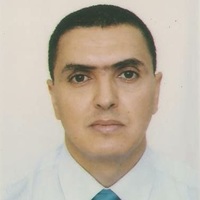
Abdelouahab Moussaoui is a teacher/researcher at Ferhat Abbas University in Sétif, Algeria, where he obtained the rank of Full Professor in 2011. He earned his degree in computer engineering in 1991 from the Department of Computer Science at the University of Houari Boumediene's Sciences and Technology (USTHB) in Algeria. He also received a Master's degree in aerospace engineering in 1992 from the University of Sciences and Technology in Oran (USTO). In 1995, he earned a Master's degree in artificial intelligence from the University of Sidi Belabbes, Algeria, and a Ph.D. in artificial intelligence and medical imaging from Ferhat Abbas University, Algeria, in 2005, where he attained the status of Full Professor in computer science. He is referenced in several renowned international journals such as Springer and Elsevier.

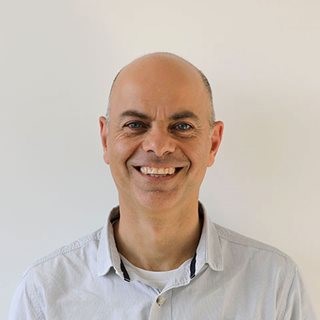
Yiorgos L. Chrysanthou is the Research Director of the Centre on Interactive Media, Smart Systems and emerging Technologies - CYENS Centre of Excellence. He is also a Professor at the Computer Science Department of the University of Cyprus. Yiorgos was educated in the UK (BSc and PhD from Queen Mary College, University of London) and worked for several years as a research fellow and a lecturer at University College London. He has published over 80 papers in journals and international conferences on computer graphics and virtual reality and is a co-author of the book "Computer Graphics and Virtual Environments: From Realism to Real-Time", (Addison-Wesley 2001+ China Machine Press 2004). Yiorgos serves as an associate editor for the Journals Computer Graphics Forum and Computers and Graphics, and review editor for Frontiers in Robotics and AI (Specialty Section Virtual Environments).
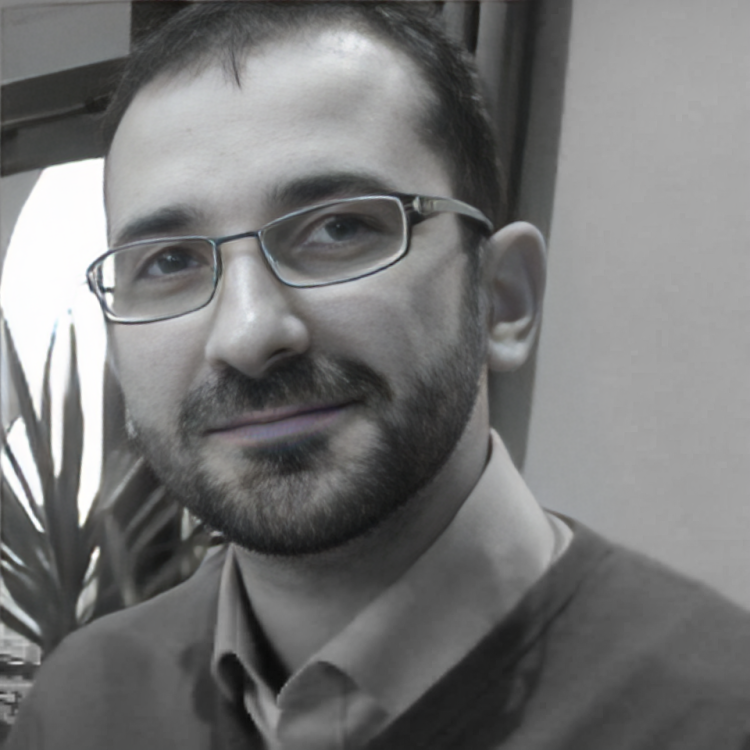
Amine Challali conducting his research within the IRA2 (Interaction, Réalité Augmentée, Robotique Ambiante) team, at the IBISC Laboratory. He received my PhD in Human Computer Interaction from the University of Nantes (France) in 2009. Previously, He worked as a research and teaching assistant at Ecole des Mines de Nantes and at LS2N (former IRCCyN), in the Robotics group. He worked also as a postdoctoral associate at Tufts University in the Ergonomics in Remote Environments Laboratory (EREL) and then as a research associate in the Interactive Surgical Systems Laboratory (ISSyL) at Harvard Medical School.

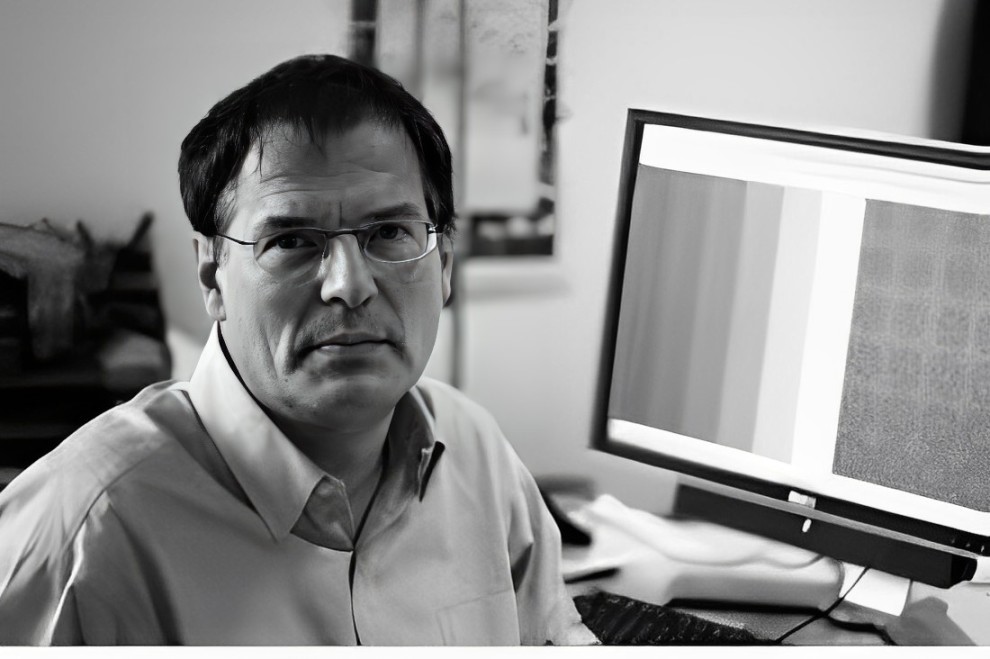
Karol Myszkowski is a senior researcher and a group leader at the MPI Informatik, Saarbruecken, Germany. In the period from 1993 to 2000, he served as an associate professor in the Department of Computer Software at the University of Aizu, Japan. He received his PhD (1991) and habilitation (2001) degrees in computer science from Warsaw University of Technology (Poland). In 2011, he was awarded a lifetime professor title by the President of Poland. His research interests include global illumination and rendering, perception issues in graphics, high dynamic range imaging, computational photography, and stereo 3D. He co-authored the book “High Dynamic Range Imaging” and participated in various committees and editorial boards. Recently, he was a technical paper chair for ACM SIGGRAPH Asia 2020, and co-chair at EUROGRAPHICS 2023.

Rachid Gherbi is a computer science professor at the University of Paris-Saclay, France, since 1988. He specializes in the metaverse, virtual and augmented reality, and immersive technologies. He holds a Master's and PhD in computer vision from the University of Paris-Sud (1992) and an HDR in data sciences from the same university (2001). He co-founded and led research groups at LIMSI CNRS Orsay and Genopole Evry, supervised numerous PhDs and Masters, and published about 100 international articles. He has led several national and European projects and organized multiple international conferences and schools. Gherbi was a visiting professor at Concordia University, Canada, in 2005. Since 2014, he has been active in Algeria as an expert for the DRGSDT and a member of the MESRS Committee. He co-organized the IVAR spring school on virtual reality and currently heads CU-PUIO at the University of Paris-Saclay.
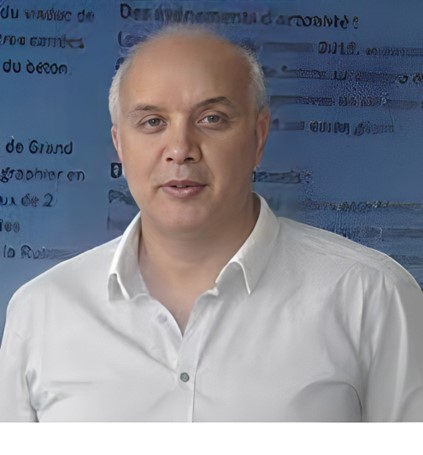
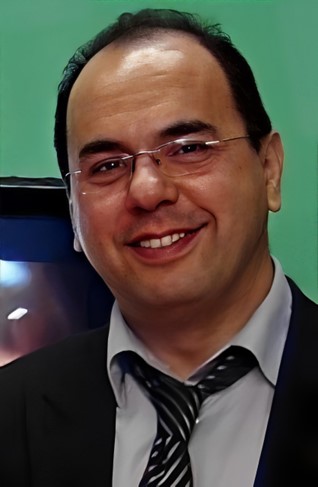
Samir Otmane is a full professor of computer science at the University of Evry, Paris-Saclay since 2011, leading the IRA2 team at the IBISC laboratory until January 2024. He graduated in computer science from the University of Titzi-Ouzou in 1992, earned an MS in Robotics from Université Pierre et Marie Curie in 1996, and a PhD in robotics from the University of Evry in 2000. His PhD led to the ARITI project, the first French augmented reality teleoperation system, recognized by NASA until 2010. He was Vice-President of Evry University (2014-2023) and a member of the board of directors of AFRV (now AFXR) until 2016. Otmane has over 100 scientific publications and has led numerous research projects on VR, AR, and robotics. His current research focuses on VR and AR solutions for healthcare, such as rehabilitation and medical training.
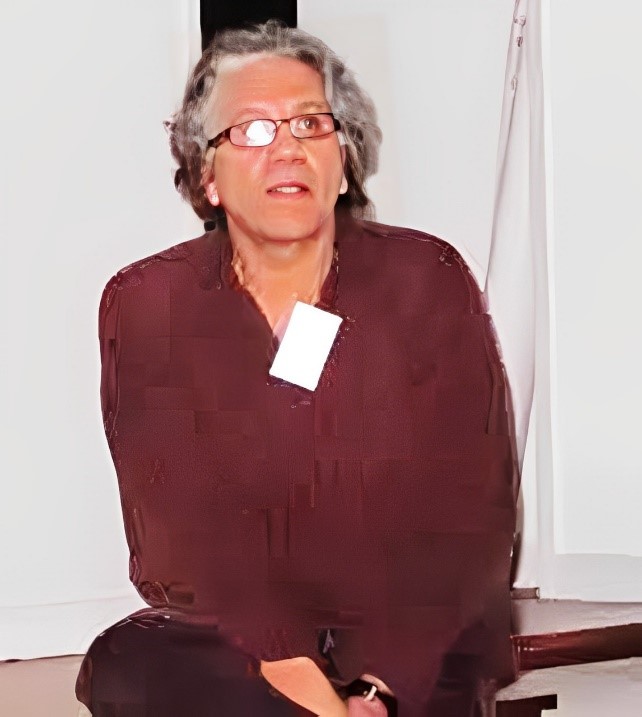
Kadi Bouatouch is an engineer (ENSEM 1974, France) with a PhD (1977) and a higher doctorate (1989) in computer science from universities in France. His research focuses on global illumination, GPU-based rendering, and computer vision. He is an Emeritus Professor at the University of Rennes 1 and a researcher at IRISA Rennes. Formerly, he led the FRVSense team at IRISA. He is a member of Eurographics and has been involved with ACM and IEEE. Bouatouch has served on program committees and as a referee for various Computer Graphics journals and conferences worldwide. He has chaired and participated in PhD committees internationally and served as an associate editor for the Visual Computer Journal. Currently, he is the General Chair of the VISIGRAPP Conference.


Established in 1984, the University of Biskra is a public university located in the city of Biskra, northern Algeria. Biskra is the regional capital of the Biskra Province, located at the beginning of the Sahara Desert. With a history stretching back to the Roman era, Biskra has a great deal to offer students, with a vibrant community and a wide range of cultural and historical landmarks. One of the warmest cities in the world, Biskra has been known as “The Nice of the Sahara” for its location on the border to the desert, and the region is home to the Sidi Okba, one of the holiest sites in Islam. The university maintains a wide range of faculties providing a large number of subjects at both the undergraduate and postgraduate level. These faculties include law, political science, science and technology, economics and management and languages. To support these faculties, the university maintains modern academic facilities including a library, numerous science labs and dedicated study areas. The university also offers a variety of online courses for distance learners. The campus plays host to a number of academic facilities including a dedicated research centre, a large university restaurant, and a student health centre. All of these were completed in 2011 and complement a number of older facilities including a renewable energy lab, numerous amphitheatres, and labs dedicated to industrial chemistry, mechanics, civil engineering and architectural workshops.